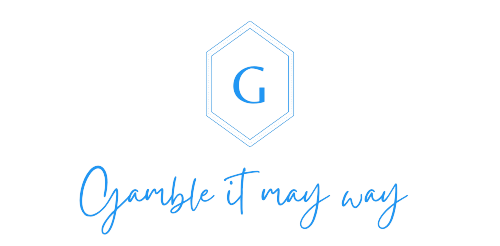Table of Contents
ToggleIn the fast-paced business world, access to quick capital can be the difference between seizing an opportunity and watching it slip away. For entrepreneurs in New York, **Merchant Cash Advances (MCA) have emerged as a popular funding solution, providing quick access to cash without the stringent requirements of traditional loans. This article delves into what merchant cash advances are, how they work, and the advantages they offer for businesses in New York.
What is a Merchant Cash Advance?
A Merchant Cash Advance is a form of financing that allows businesses to receive a lump sum of cash in exchange for a portion of their future credit card sales. This type of funding is particularly appealing to businesses with high credit card sales, such as restaurants, retail shops, and service providers. Unlike traditional loans, which require extensive documentation and can take weeks to process, MCAs offer a streamlined application process, often providing funding within a few days.
How Does a Merchant Cash Advance Work?
The process of obtaining an MCA is relatively straightforward. First, a business owner submits an application, typically consisting of basic information about the business and its financials. Lenders assess the applicant’s credit card sales, cash flow, and overall financial health to determine eligibility.
Once approved, the lender provides a lump sum payment, which the business then pays back through a percentage of daily credit card sales until the advance is fully repaid. This repayment structure is beneficial for businesses with fluctuating sales, as payments adjust based on daily revenue.
Advantages of Merchant Cash Advances in New York
Quick Access to Capital: One of the most significant benefits of an MCA is the speed at which funds can be accessed. In New York’s competitive business landscape, having cash on hand can help entrepreneurs seize opportunities, purchase inventory, or manage unexpected expenses.
Flexible Repayment Terms: With an MCA, repayments are tied to daily credit card sales, meaning that during slower sales periods, businesses pay less. This flexibility can alleviate financial stress and provide stability.
Less Stringent Qualification Criteria: Traditional lenders often require excellent credit scores, lengthy business histories, and extensive documentation. In contrast, MCAs focus more on a business’s cash flow and sales history, making it easier for new or struggling businesses to qualify.
No Collateral Required: Unlike traditional loans that may require collateral, MCAs are unsecured. This means business owners can access the funding they need without risking their assets.
Read Also: Understanding MCA Debt Relief: Solutions for Struggling Business Owners
Considerations When Choosing an MCA
While merchant cash advances offer numerous advantages, there are also important considerations. The cost of capital can be higher than traditional loans due to the risk associated with the funding. Business owners should carefully review the terms and ensure they understand the total repayment amount.
Additionally, it’s crucial to choose a reputable MCA provider. Researching lenders and reading customer reviews can help ensure that you partner with a trustworthy company.
Conclusion
For businesses in New York looking for fast funding solutions, a Merchant Cash Advance can be a valuable option. With quick access to capital, flexible repayment terms, and less stringent qualification criteria, MCAs offer a lifeline for entrepreneurs aiming to grow their businesses or navigate financial challenges. However, it’s essential to understand the terms and work with reputable lenders to make informed decisions about funding. With the right approach, an MCA can help unlock your business’s potential and pave the way for future success.
About The Author
Sarah Williams
Sarah Williams is a seasoned editor at GambleItMayWay.com, where she brings her passion for writing and keen editorial skills to the forefront. Her expertise spans across various domains, with key areas of interest encompassing lifestyle, business, technology, and home decor.
